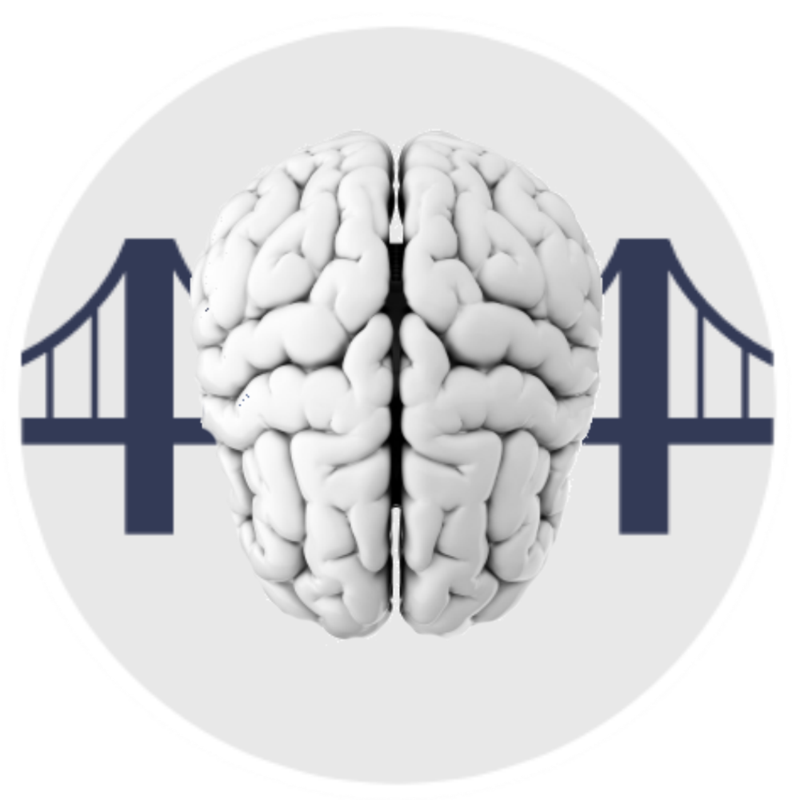If a Bilingual Brain is a Better Brain, Why Are My Students Struggling?
by Janet Zadina on 10/25/17
Learning a language makes you smarter! Learning another language early is associated with better reading skills, something that serves children well in school. Fluent bilinguals may have better learning, more complex thinking, better multi-tasking skill, more creativity, better attentional control, and some protection against age-related mental decline. Then why do my students struggle, you ask. Because they are not yet fluent. The same things that are an advantage later, are actually a disadvantage when they are learning another language. Becoming bilingual makes more demands on attention and working memory, skills critical to academic success. Struggling with two languages can create cognitive load, leading to mental fatigue and more difficulty multi-tasking. Many language learners are immigrants, migrants, may live in poverty, or have increased stress in the home. Anxiety, stress, and trauma create a hidden “learning disability” and increase all of the difficulties just mentioned. Teachers must adjust the presentation of material to address the issues with attention, working memory, cognitive load, and stress. Because anxiety, stress, and trauma diminish attention and working memory and increase cognitive load, addressing stress in the classroom should be the first step. Start from day one and have your students begin class with a few deep breaths. Smile and greet students by name when they enter. Keep things predictable by letting students know what to expect. Give them some choice (a way of giving them some control) whenever possible. Learn about the science and strategies of the hidden threats to learning in attention, working memory, cognitive load, and anxiety-stress-trauma in this keynote or workshop. Recently presented at the ELL Mini-Regional Conference in Buffalo, NY October, 2017.


